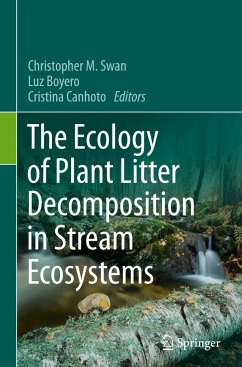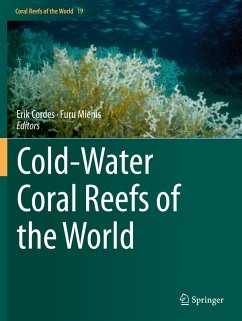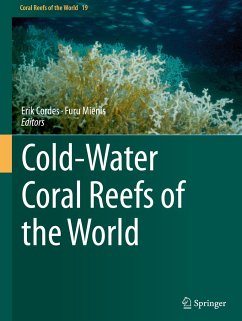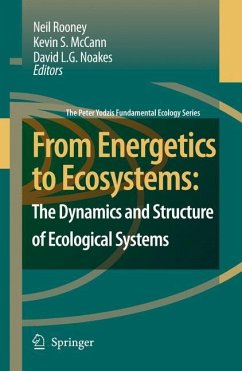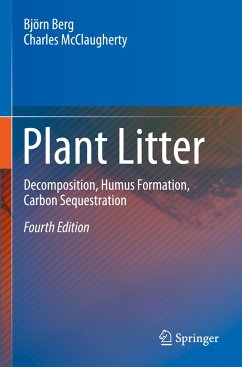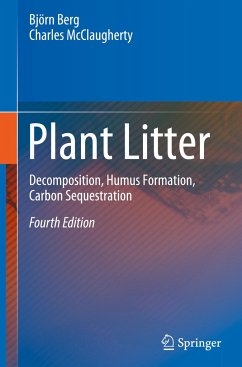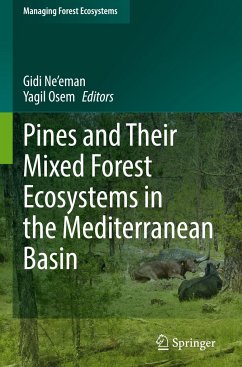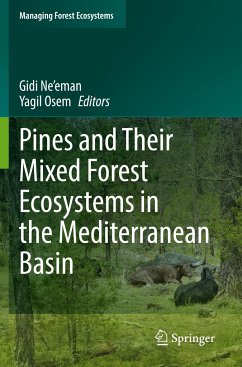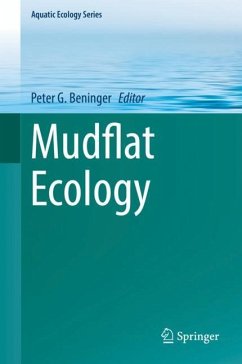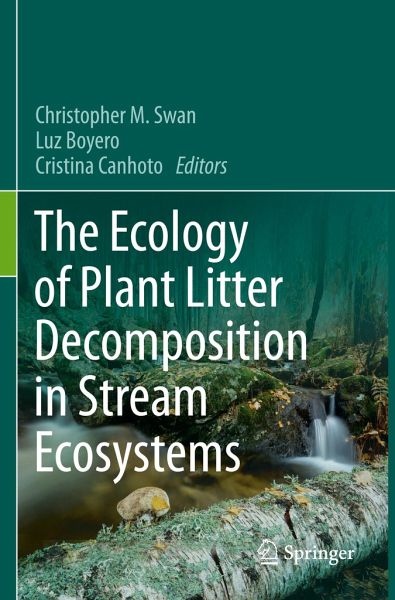
The Ecology of Plant Litter Decomposition in Stream Ecosystems
Versandkostenfrei!
Versandfertig in 6-10 Tagen
121,99 €
inkl. MwSt.

PAYBACK Punkte
61 °P sammeln!
With almost 90% of terrestrial plant material entering the detrital pool, the processing of this significant carbon source is a critical ecosystem function to understand. Riverine ecosystems are estimated to receive, process and transport nearly 1.9 Pg of terrestrial carbon per year globally, highlighting the focus many freshwater ecologists have on the factors that explain decomposition rates of senesced plant material. Since Webster and Benfield offered the first comprehensive review of these factors in 1986, there has been an explosion of research addressing key questions about the ecologic...
With almost 90% of terrestrial plant material entering the detrital pool, the processing of this significant carbon source is a critical ecosystem function to understand. Riverine ecosystems are estimated to receive, process and transport nearly 1.9 Pg of terrestrial carbon per year globally, highlighting the focus many freshwater ecologists have on the factors that explain decomposition rates of senesced plant material. Since Webster and Benfield offered the first comprehensive review of these factors in 1986, there has been an explosion of research addressing key questions about the ecological interactions at play. Ecologists have developed field and laboratory techniques, as well as created global scale collaborations to disentangle the many drivers involved in the decomposition process. This book encapsulates these 30+ years of research, describing the state of knowledge on the ecology of plant litter decomposition in stream ecosystems in 22 chapters written by internationally renowned experts on the subject.



